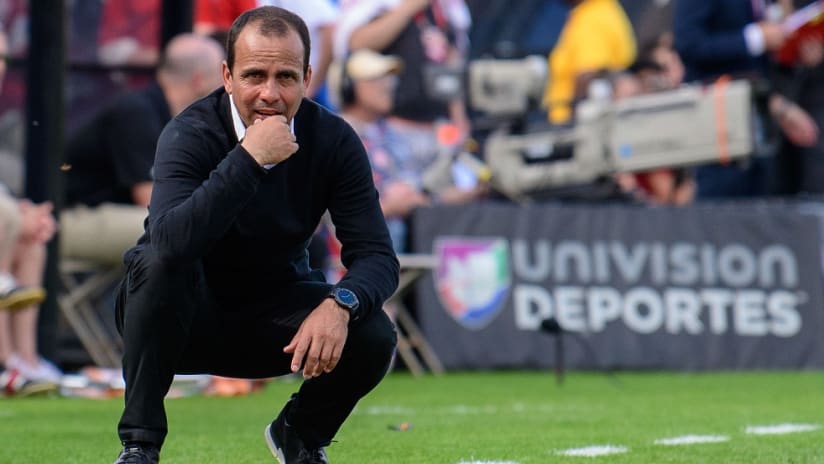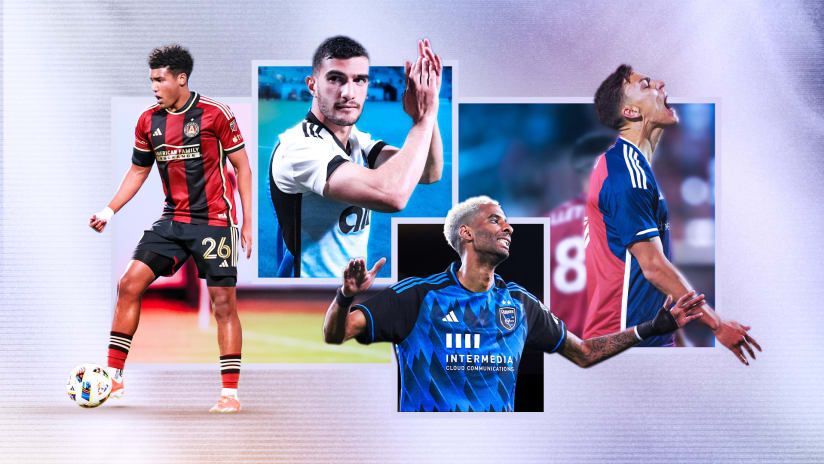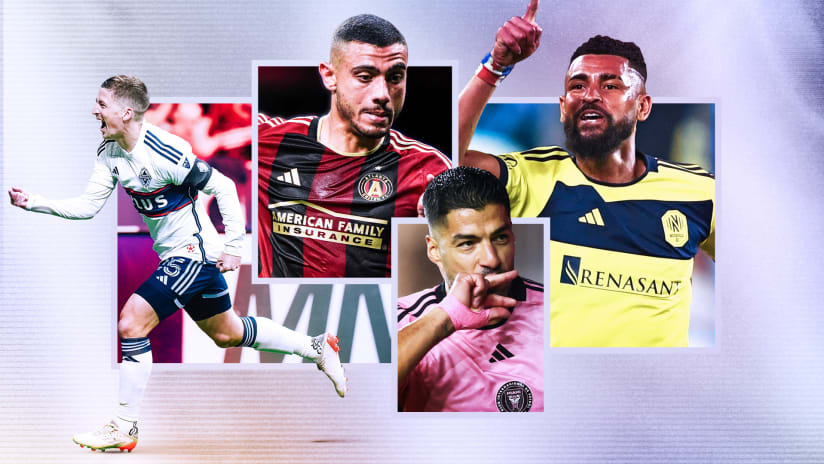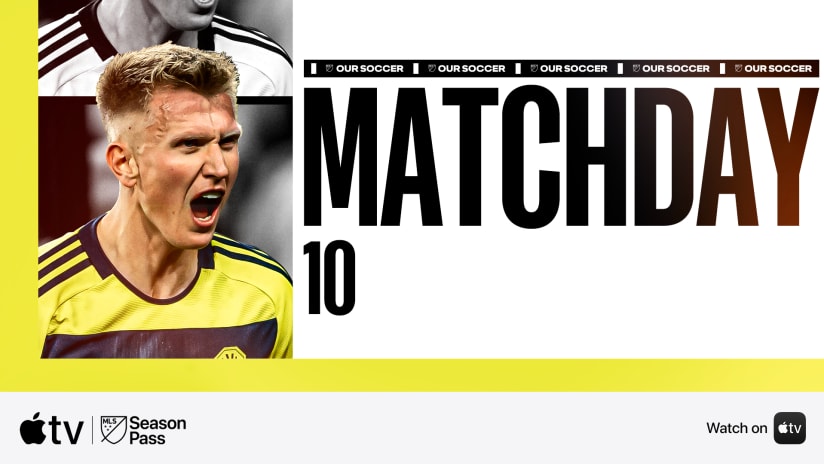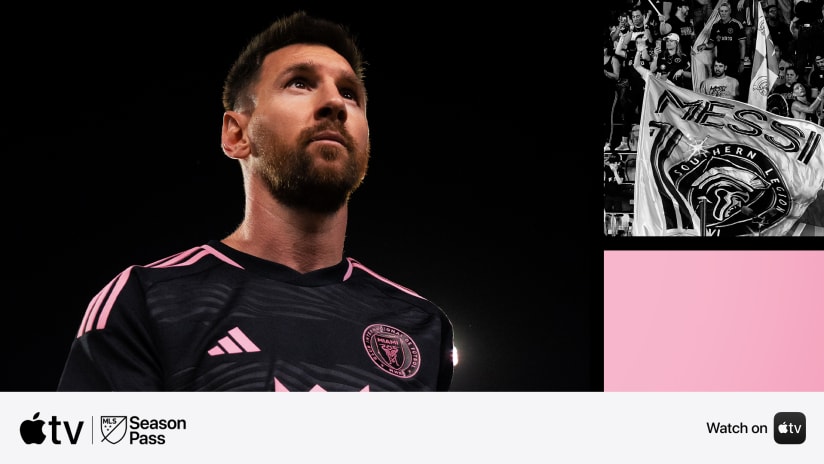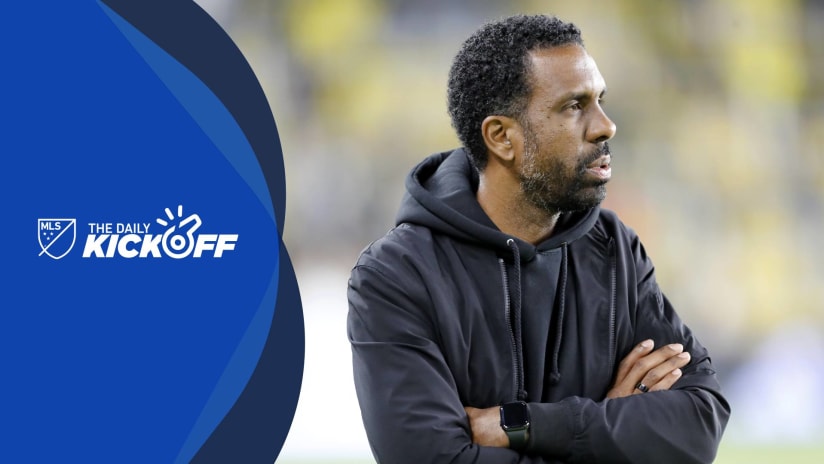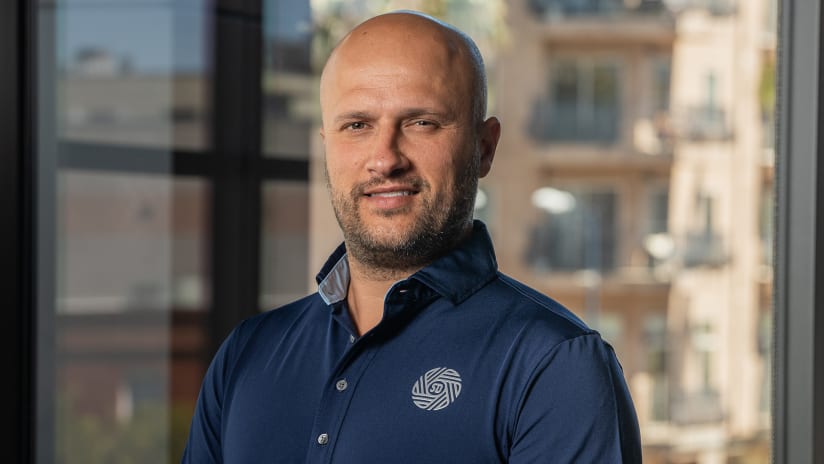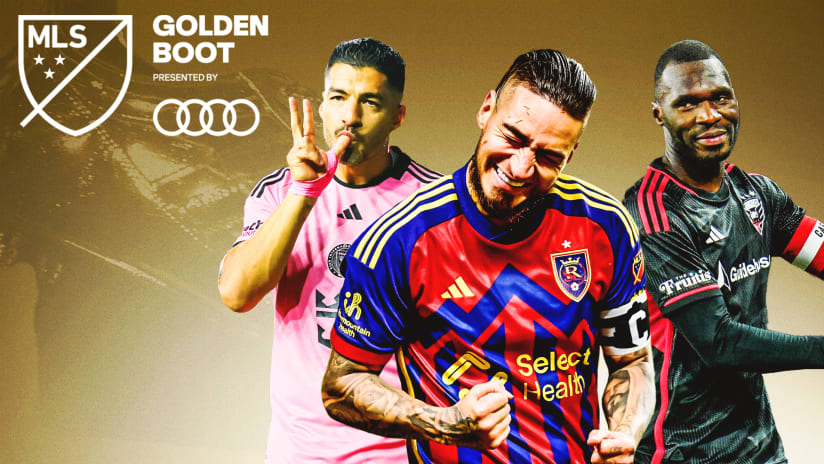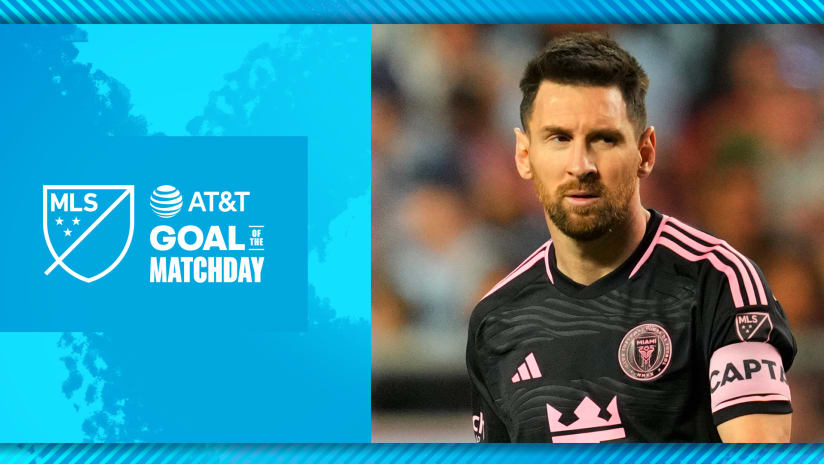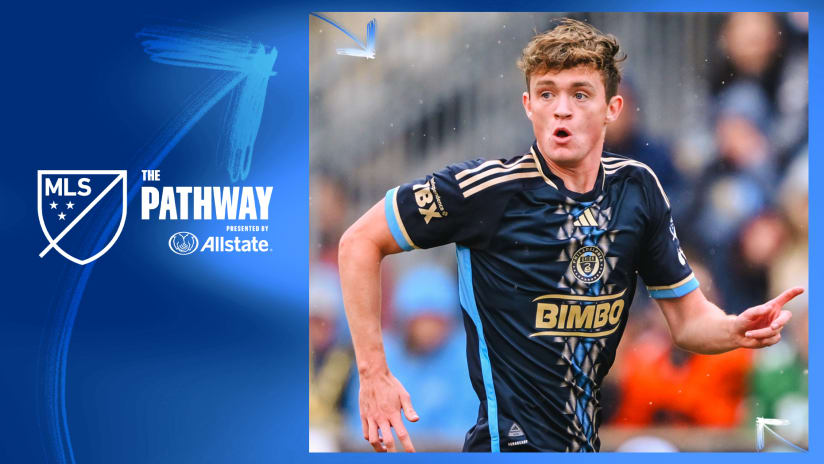FC Dallas are closing in on a deal to field their own USL Division III team in the Dallas-Fort Worth area beginning in 2019, sources told MLSsoccer.com on Monday.
FCD head coach Oscar Pareja told the Dallas Morning News last week that the club will have a USL team next year. The sources indicated that his comment was a bit premature, telling MLSsoccer.com that the club doesn’t yet have anything finalized regarding a potential USL outfit but that they are hoping to get things completed for a 2019 expansion team “in the next 30 days.”
The sources said the potential team’s permanent home venue has yet to be determined, but that they would play some of their home matches at FCD’s Toyota Stadium.
USL Division III will begin in 2019 as the U.S. Soccer Federation’s third division. Organized by USL, which was granted full Division II sanctioning by the USSF in January, USL D3 has already announced that it will field teams in Madison, Wisconsin, Greenville, South Carolina, Tucson, Arizona and Statesboro, Georgia in its inaugural season.
Eight MLS teams own and operate their own USL squads, while three more have hybrid relationships with independent ownership groups in which the MLS club oversees the technical side of the second-division team. Three other MLS teams – Montreal, Orlando and Vancouver – have shuttered their USL sides since the end of the 2016 USL season, though Montreal and Vancouver have affiliated with other USL sides.
Operating a USL team should be a boon for FC Dallas, who have signed more Homegrown Players than any other team in MLS history but have struggled to create a bridge for those prospects from the academy to the first-team. Club co-owner and president Dan Hunt acknowledged that issue in an interview with MLSsoccer.com last fall.
“We’re going to have to bridge the gap, and we owe it to the player pool to ensure that they have an outlet to play games,” he said. “Having players not play is detrimental. It’s not just detrimental to the players, it’s detrimental to FC Dallas and it’s detrimental to U.S. Soccer. We’ve got to take that big jump to ensure that we control what happens with minutes played, the opportunities, the frequency and quality of training, the health and nutrition and the environment that leads to the development of successful players.”

